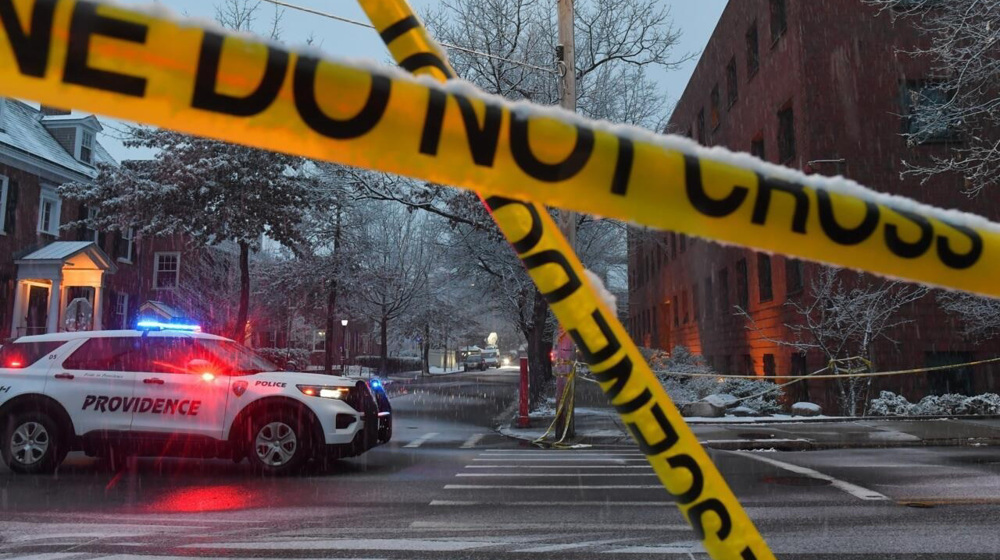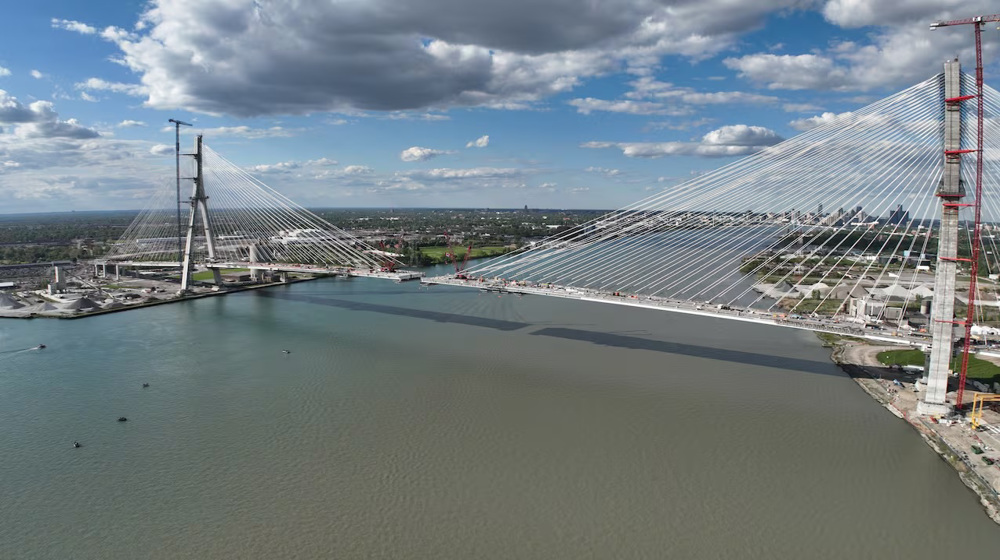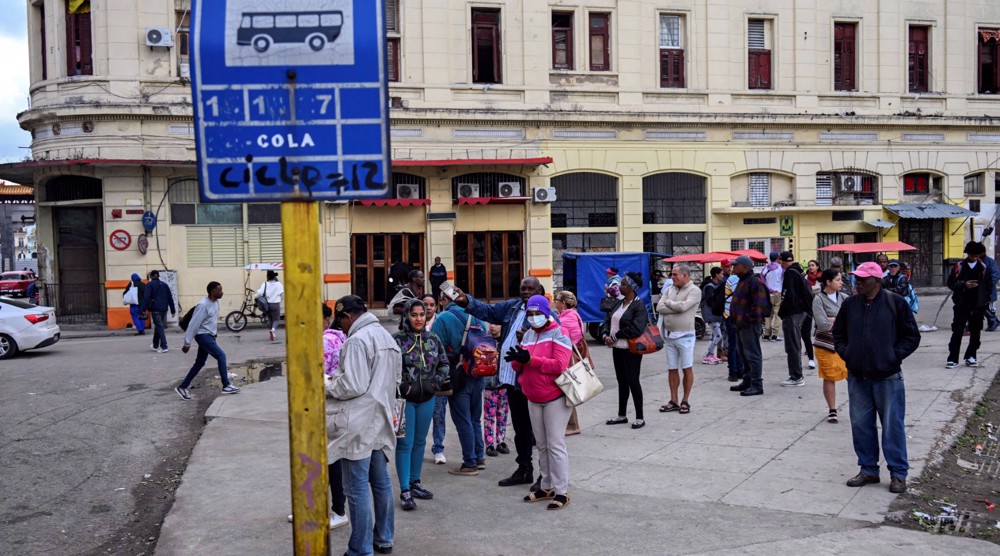Colombia's president extends ceasefire with rebels through yearend
Colombian President Juan Manuel Santos has extended a ceasefire with the Revolutionary Armed Forces of Colombia (FARC) through the end of the year in order to give more time for a peace deal rejected by voters.
Santos made the announcement about the extension with Colombia's largest rebel group during a televised speech on Thursday.
The original ceasefire, which was put in place in August, was nullified when the peace accord was narrowly rejected in a referendum earlier this month.
This came after President Santos, who won the Nobel Peace Prize for his efforts to clinch the deal, heard proposals from representatives of those who voted against the agreement.
Santos said he decided to further extend the ceasefire after meeting with students who are demanding that the ceasefire be implemented despite its failure at the polls.
"One of the students reminded me, that in the army and in the guerrilla ranks, there are young people waiting to see what happens, hoping that they don't need to fire another shot," Santos said in the televised address, adding, "For that reason, and at the request of the students, I have taken the decision to extend the ceasefire until Dec. 31."
On Wednesday, thousands of people marched in the Colombian capital Bogota to voice support for the peace deal between the government and FARC rebels. Students and victims of the decades-long war also took part in the march.
Similar rallies have been staged in other major cities in recent days.

Meanwhile, FARC leader Rodrigo Londono has expressed hope that a solution can be soon found to revive the accord.
On October 2, the peace agreement was rejected by a razor-thin margin of less than half a percentage point.
The opponents accuse the government of being too lenient with the FARC rebels.
The Marxist group, which took up arms in 1964 to fight social inequalities, exerts notable influence across some poverty-stricken areas of the country.
The decades-long conflict with the central government has left as many as 260,000 people dead, more than six million others displaced, and 45,000 others are still missing.
VIDEO | EU approves 90 billion euros more for Ukraine amid growing economic backlash
Trump calls Herzog ‘disgraceful’ for refusing to pardon Netanyahu
VIDEO | Gaza's sports sector devastation: No athletes at Italy's Winter Olympics
Iran elected vice-chair of UN Commission for Social Development
Historic gold for Iran as teen fencer wins World Cup title
VIDEO | Paris celebrates 47 years of Islamic Revolution in Iran
VIDEO | Killed twice: Palestinian-Americans and the price of silence
VIDEO | Pakistan slams US for publishing map depicting Kashmir as part of India














 This makes it easy to access the Press TV website
This makes it easy to access the Press TV website